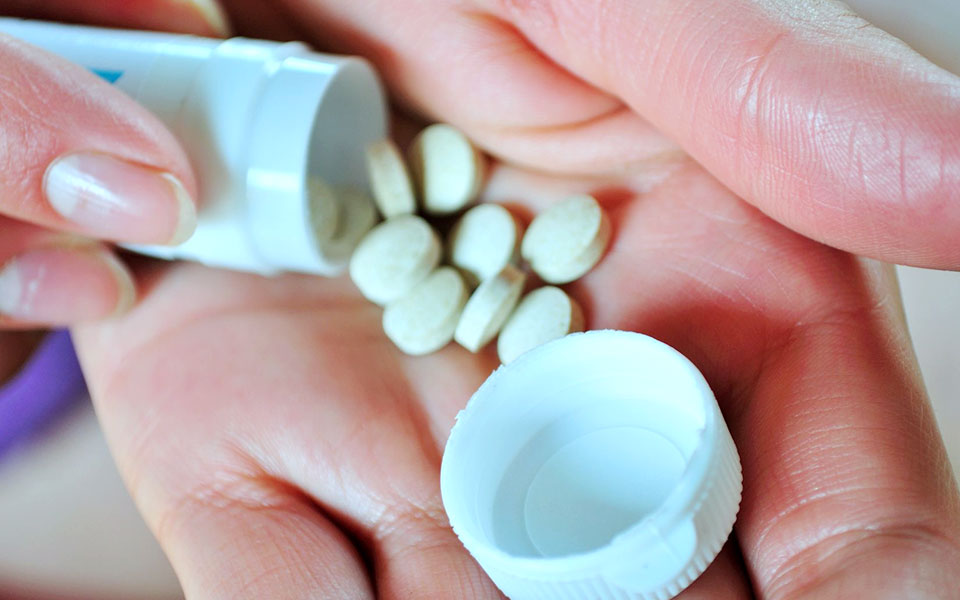I recently accompanied a friend to the hospital who was undergoing a diagnostic procedure. As I was sitting in the waiting room, I noticed there were many young people seeking medical attention for conditions that may have been prevented by proper exercise and nutrition.
I saw many patients who appeared to be out of shape and overweight. I began to contemplate if I should begin running to lower the risk of several preventable medical issues.
Given the rising costs of medical insurance, preventative measures, such as regular physical activity can greatly reduce the risks of developing serious medical conditions.
The Best Age to Begin Running
As most runners would agree, there is not a perfect age or stage in life in which to begin running. A running friend recently shared an inspiring story with me about her three year-old grandson who skipped the walking phase and started running at the age of two!
Although not a serious runner, by any means, the young toddler has figured out that he can travel longer distances in a shorter amount of time by running. He stops to listen to the everyday sounds around him including birds singing, dogs barking and people laughing. It is amazing that a young child, who is obviously not aware of the health benefits of running, has taken to the sport naturally.
Some runners begin at an early age and others start as young adolescents. It has been reported that the majority of serious runners begin their running careers as young adults.
As compared to other sports, running is relatively inexpensive. A pair of proper-fitting running shoes and comfortable outerwear is all that is needed to start running.
Many novice runners begin by running on flat surfaces and eventually progress to more challenging courses. Beginning runners do not usually enter marathons or competitive events until they have built sufficient strength and confidence in their running abilities.
This comes from proper conditioning and training. Local running groups around the world offer mentoring support to runners of all ages and running levels.

It has been proven that runners are less likely to develop diseases caused by a sedentary lifestyle. The running lifestyle helps improve nutrition and maintain a healthy diet—the more carbohydrates are consumed before a run, the better the chances of increasing performance and reducing fatigue.
Researchers suggest that running helps increase metabolism, strengthen the immune system and maintain healthy cardiovascular function. It has been reported that runners actually suffer from fewer disabilities and remain active longer than sedentary people.
The physical activity from running burns calories, increases energy and helps reduce stress, anxiety and depression. It has been found that running also increases bone density, minimising the risk of osteoarthritis.
Running Can Reduce the Risks of Serious Diseases
Research studies have shown that running can help prevent the onset of type 2 diabetes, as well as heart disease, high blood pressure, obesity and some types of cancer. In addition to the physical benefits, running helps the body release hormones called endocannaboids, which have been shown to improve mental and emotional health.
A study published in the May 2013 issue of Medicine & Science in Sports & Exercise suggested that physical activity such as running is a viable alternative to drugs for the treatment of anxiety and depression. It has been shown that regular running reduces age-related mental decline such as attention deficit disorders and memory loss.
According to the National Cancer Institute, physical activity, including running, is a “critical component of energy balance”. Researchers have discovered that in addition to proper nutrition and diet, physical activity improves health and reduces the risks of developing heart disease and some forms of cancer.
It has been suggested that the effects of running can significantly reduce the risks of developing breast and colon cancer. Studies conducted in several countries indicate the running can reduce the risk of an adult developing colorectal cancer by 30 to 40 percent compared to people living a sedentary lifestyle.
It is estimated that 30 to 60 minutes of vigorous physical exercise each day is effective in preventing colon cancer. It has also been suggested that running may reduce the risk of uterine, prostate and lung cancers.

The effects of chemotherapy and radiation therapy can be devastating to a person fighting cancer. Toxic chemotherapy agents deplete the essential nutrients and vitamins naturally produced by the body, causing severe nausea and extreme fatigue. Studies suggest that running can greatly improve the quality of life for a cancer survivor by increasing energy levels.
The endorphins produced by the body during physical exercise can help rebuild strength by increasing insulin production. Although many people undergoing toxic treatments for cancer choose to remain sedentary, running can actually help the body eliminate toxins caused by powerful drugs.
Begin Running Today
It is never too early or too late to begin running. Benefits can last a lifetime and can greatly reduce the risk of developing serious medical conditions such as cardiovascular disease, type 2 diabetes and certain types of cancer.
As most runners know, running can become addictive. Bonds and life-long intimate relationships are developed among runners, even after retirement from running.
There are runners approaching their 80s and 90s who continue to compete in marathons. Regardless of age or health, any time is a good time to begin running. The sooner you begin running, the sooner you will reap the physical and mental benefits that will last the rest of your life.




